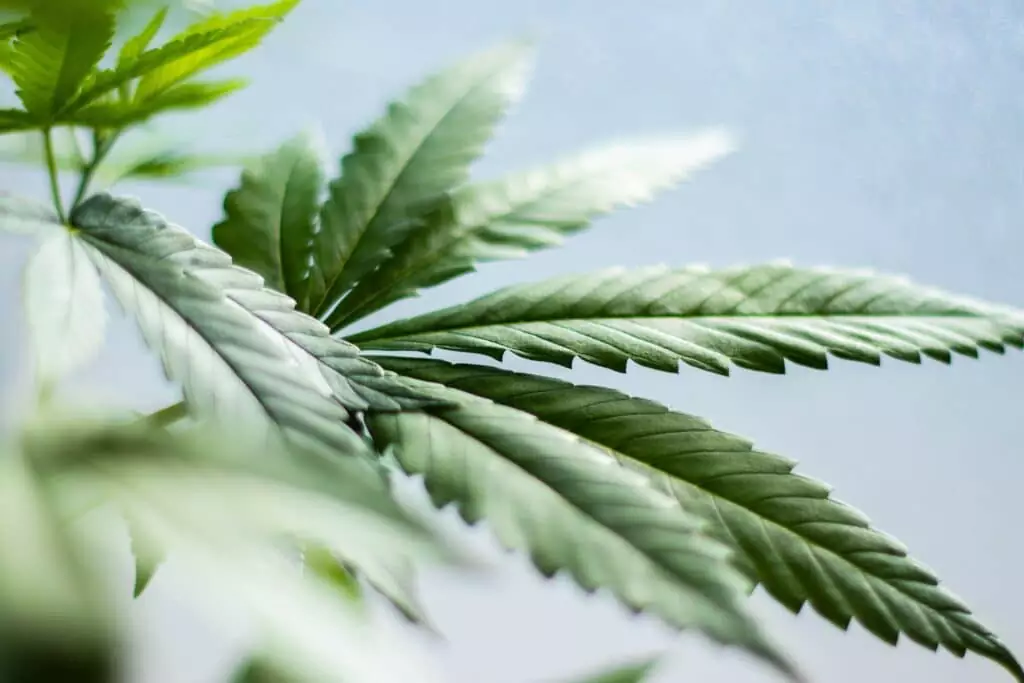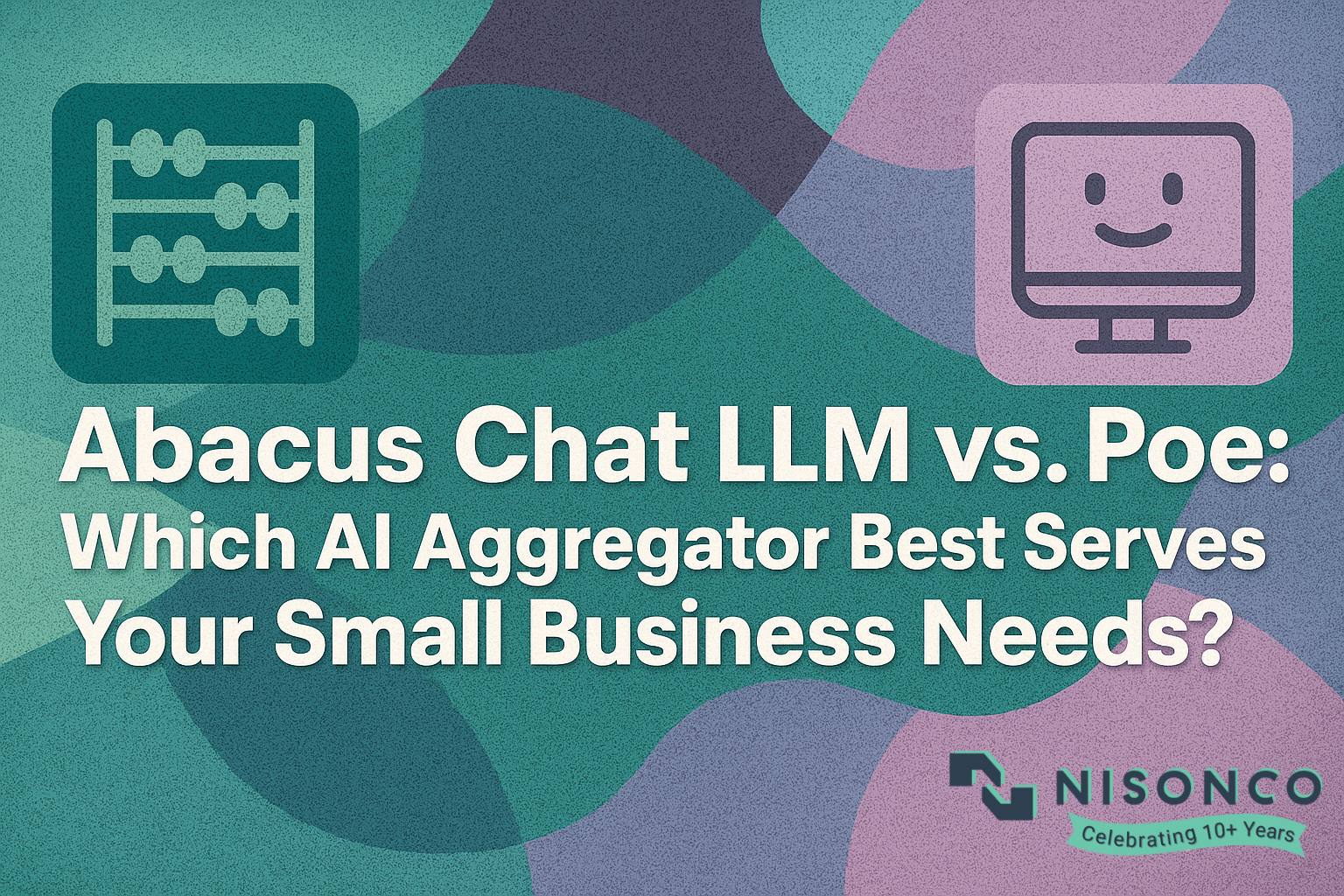Nearly a decade ago, former President Obama signed the Farm Bill of 2013 into law, which differentiated cannabis from hemp. The bill established anything with “0.3 percent of THC or less on a dry weight basis” is legally classified as hemp. This legislation also legalized agricultural pilot programs for hemp cultivation, thus increasing production en masse. Five years later the Farm Bill of 2018 — which included the Hemp Farming Act — was signed into law, de-scheduling hemp products with .3 percent or less THC content from the Controlled Substances Act. The rise of legal hemp has likewise led to an ascent of cannabidiol (CBD), a non-intoxicating hemp plant extract.
The cannabis community has a strong interest in the impact of hemp products within both historic and modern societies — From collectively learning how prohibition historically causes systemic harm to new ingenious uses of hemp such as making paper, clothing, health supplements, or even a car.
In celebration of Hemp History Week from July 17 to July 23, our CBD, cannabis, and psychedelic PR and SEO firm rounded up four key ways in which hemp can improve and advance our society. From personal wellness to economic gain, hemp has a lot to offer the United States and beyond. Though non-exhaustive, this list names four major reasons hemp is the future.
1. Hemp & CBD can improve our health and wellness
The medicinal benefits of CBD — which can be derived from both hemp and cannabis — are undeniable. On top of tremendous scientific research being conducted, there are also decades worth of personal, first-hand experience to tell about it.
Whether derived from hemp or cannabis, CBD has the potential to treat, heal, and/or alleviate symptoms of the following medical conditions:
- Addiction (including Opioid Use Disorder and Alcohol Use Disorder)
- Amyotrophic Lateral Sclerosis/ALS
- Asthma
- Autism
- Alzheimer’s Disease
- Anxiety
- Arthritis
- Autoimmune diseases
- Cancer
- Chronic Pain
- Concussions
- Depression
- Diabetes
- Fibromyalgia
- Inflammatory bowel conditions (including Crohn’s disease and ulcerative colitis)
- Insomnia
- Migraines
- Multiple Sclerosis/MS
- Nausea
- Neuropathy
- Parkinson’s Disease
- Post-Traumatic Stress Disorder/PTSD
- Schizophrenia
- Seizure Disorders
- Skin Conditions
- Sleep Disorders
Even if you haven’t been diagnosed with a chronic health condition, hemp is still beneficial for your overall health consumed as an oil, seeds, and/or protein powder. As a wellness supplement, it’s been proven to help reduce overall pain inflammation, anxiety and depression.
2. Hemp can help clean up the environment
Hemp can easily replace plastic and other environmentally hazardous material commonly found in everyday products, helping reduce toxic waste. (Plus, products with hemp typically last longer!) Here are just some of the many examples:
- Backpacks
- Batteries
- Blankets
- Cars
- Clothing
- Coffins
- Flags
- Furniture
- Hats
- Houses (see: hempcrete)
- Hygiene products
- Insulation
- Jewelry
- Shoes
- Pens
- Pet supplies
- Rope
- Soap
- Sunglasses
- Sunscreen
- Toilet Paper
- Tote bags
- Towels
- Paper
- Wallets
- Wood
Industrial hemp also has the healing power to reverse a previously polluted ecosystem. According to the Florida Hemp Coalition, in regenerative farming, hemp can be used for phytoremediation, a technique to rejuvenate soil following industrial pollution. It can also be used as a barrier plant to combat weeds and prevent erosion.
Other environmental hemp wins include being great for the health of bee colonies, hemp is twice as effective at capturing carbon as trees, and baby tender hemp may even prove to be our next favorite supergreen.
3. Hemp allows us to advance technology sustainably
Hempcrete, also known as hemplime and hemp concrete, is a bio-composite made from the inner woody core of the hemp plant, according to cannabis author Jen Hobbs in American Hemp. It’s been used as a building material for thousands of years and also happens to be carbon negative. Hempcrete homes are already being lived in.
We can also use hemp to build cars. The New York Post reports that a former Dell executive, Bruce Michael Dietzen, made a sports convertible out of 100 pounds of woven hemp fiber. The car runs on biofuel made from recycled agricultural waste, anticipating a low carbon footprint.
Dietzen was inspired by Henry Ford’s soybean-hemp car in 1941. Though the car isn’t made entirely of hemp like Dietzen’s, the model was certainly still innovative. Although the Ford Company ultimately decided on a different model, a car made from (partially) hemp wouldn’t have lasted long: Due to prohibition, hemp production was being rolled back, disincentivized, and later criminalized.
As production and access to industrial hemp expand, there will be more opportunities for sustainable innovation.
4. Hemp lends a critical historical perspective
Although hemp products were only recently legalized for production in the United States, hemp has a rich history in our country. Many historians argue that hemp was a critical crop to the colonization of North America. Many will also argue that without hemp, economic independence from Britain and other European powers wouldn’t have been possible.
Likewise, it’s necessary to acknowledge that enslaved African people are at the root of this legacy and that Black history is cannabis history. Cannabis activist and writer D.M. Blunted stresses this in a Medium post:
“Just before the Revolutionary War broke out, Kentucky was becoming populated with settlers from Virginia, bringing with them hemp seeds and enslaved West Africans. It soon made Kentucky the largest producer of hemp and one of the states with the largest slave populations. Like cotton and tobacco, hemp was a back-breaking crop that paid well and continued to fuel the greedy demand for free labor. Kentucky became set as the nation’s leader in hemp for a hundred years until the demand fell during the Civil War in 1861. After the South fell to never rise again, Kentucky became the only state with a relevant hemp industry. That, of course, relied on scamming newly freed black people with sharecropping.”
There’s much more hemp history to learn, but we’ll leave it here for now. If you’d like to continue enriching your knowledge about hemp history independently, check out the following texts below.
Suggested reading
- The African Roots of Marijuana by Chris S. Duvall
- American Hemp: How Growing Our Newest Cash Drop Can Improve Our Health, Clean Our Environment, and Slow Climate Change by Jen Hobbs
- Healing With CBD: How Cannabidiol Can Transform Your Health Without the High by Eileen Konieczny and Lauren Wilson
- Hemp – American History Revisited by Robert Deitch
- Hemp: A Short History of the Most Misunderstood Plant and Its Uses and Abuses by Mark Bourrie
NisonCo provides pro bono cannabis SEO and PR services to those engaged in advocacy and activism to promote positive change from within the cannabis industry. If you have any questions about how we can help you, contact us today.
Looking for help from our experienced psychedelics, cannabis, CBD and crypto/blockchain PR, SEO and marketing team? Let us know if you need help researching trends and topics, crafting communications, or securing news spots by contacting NisonCo here.



